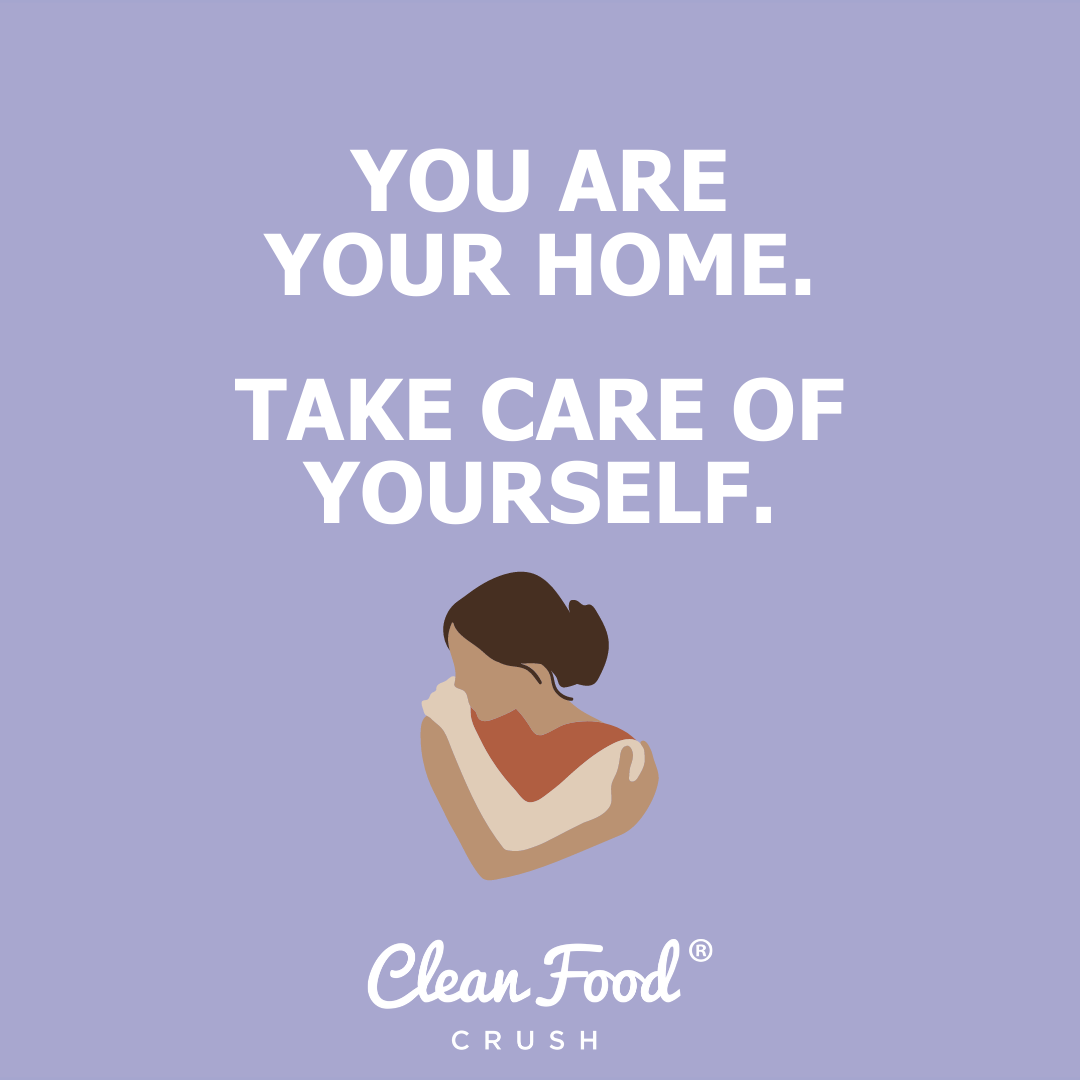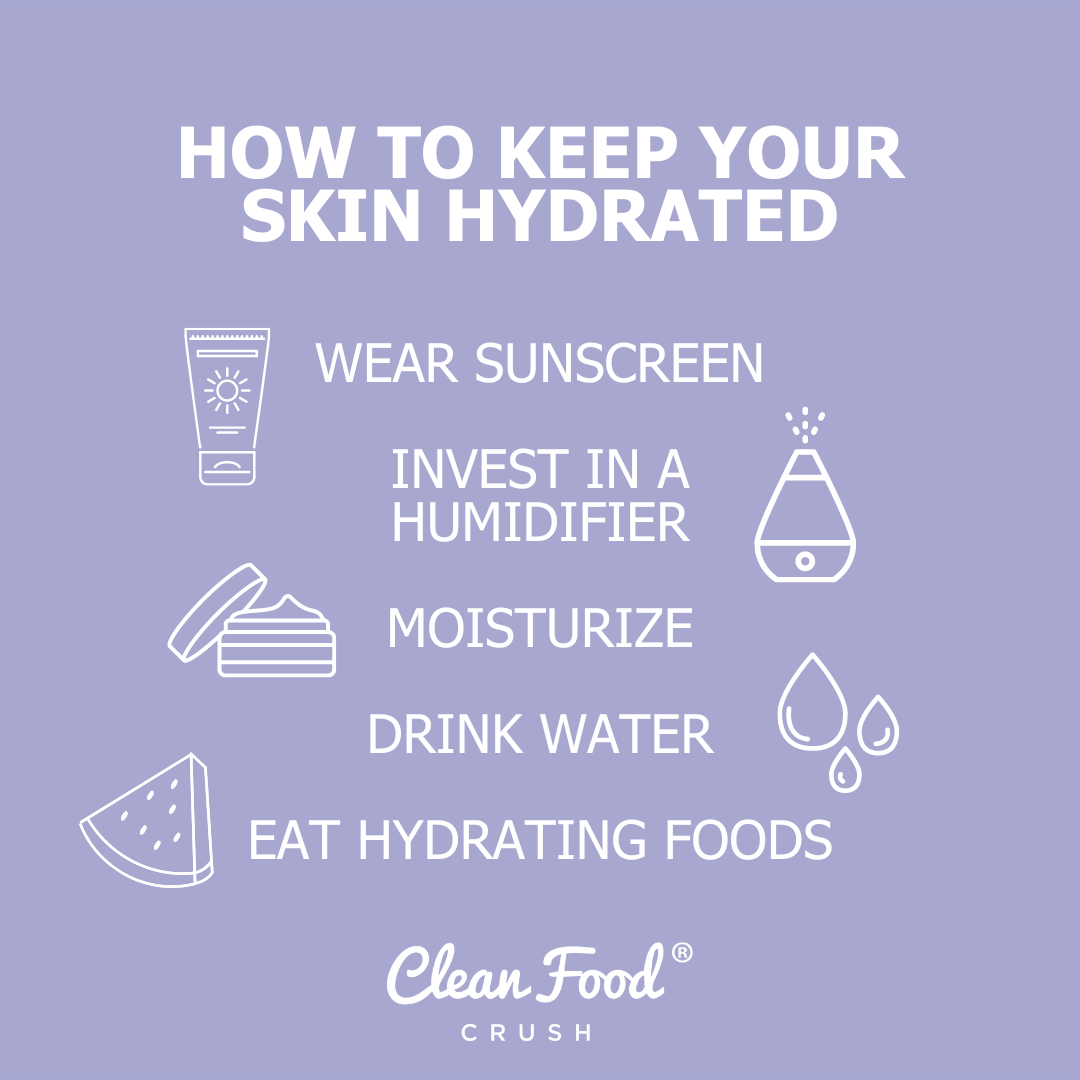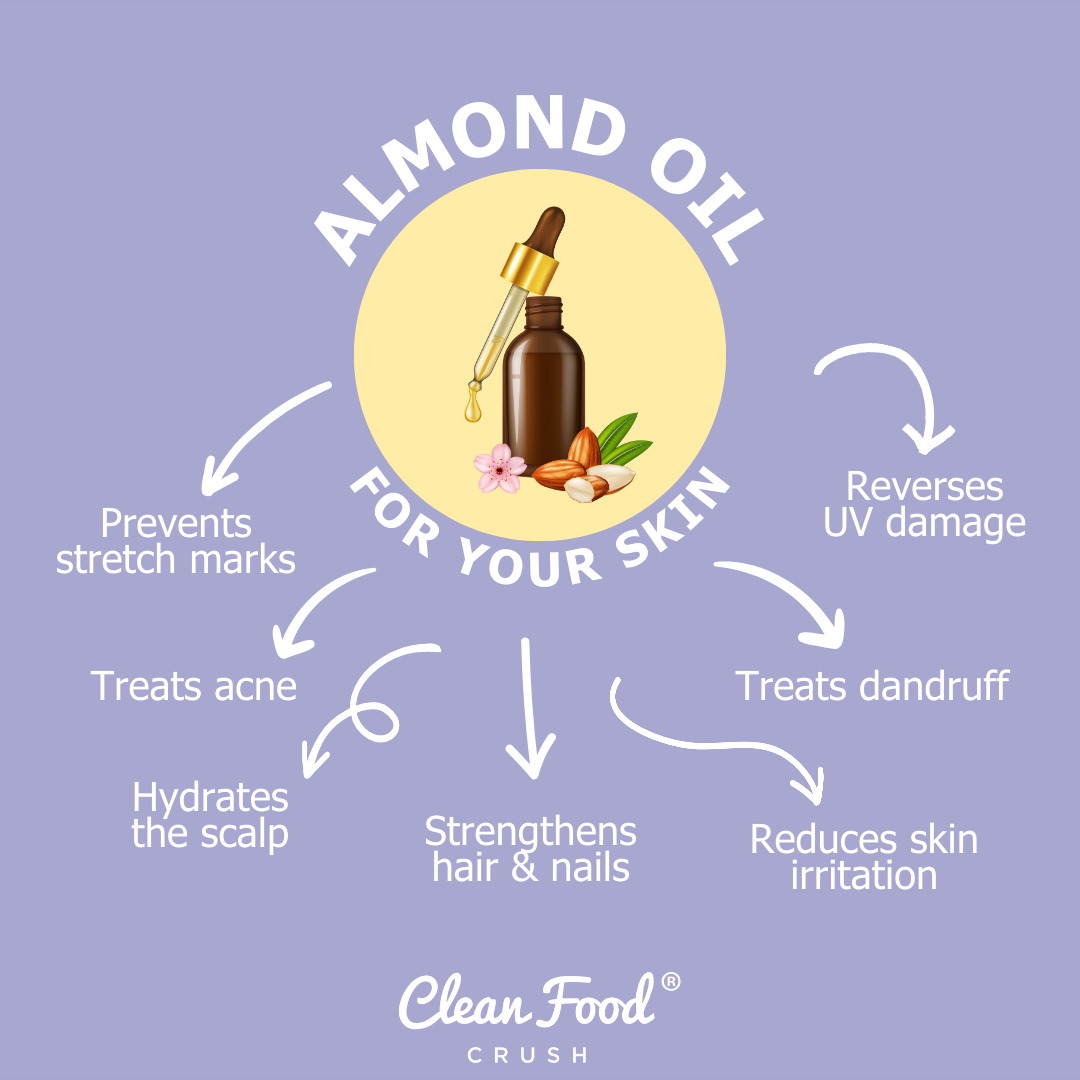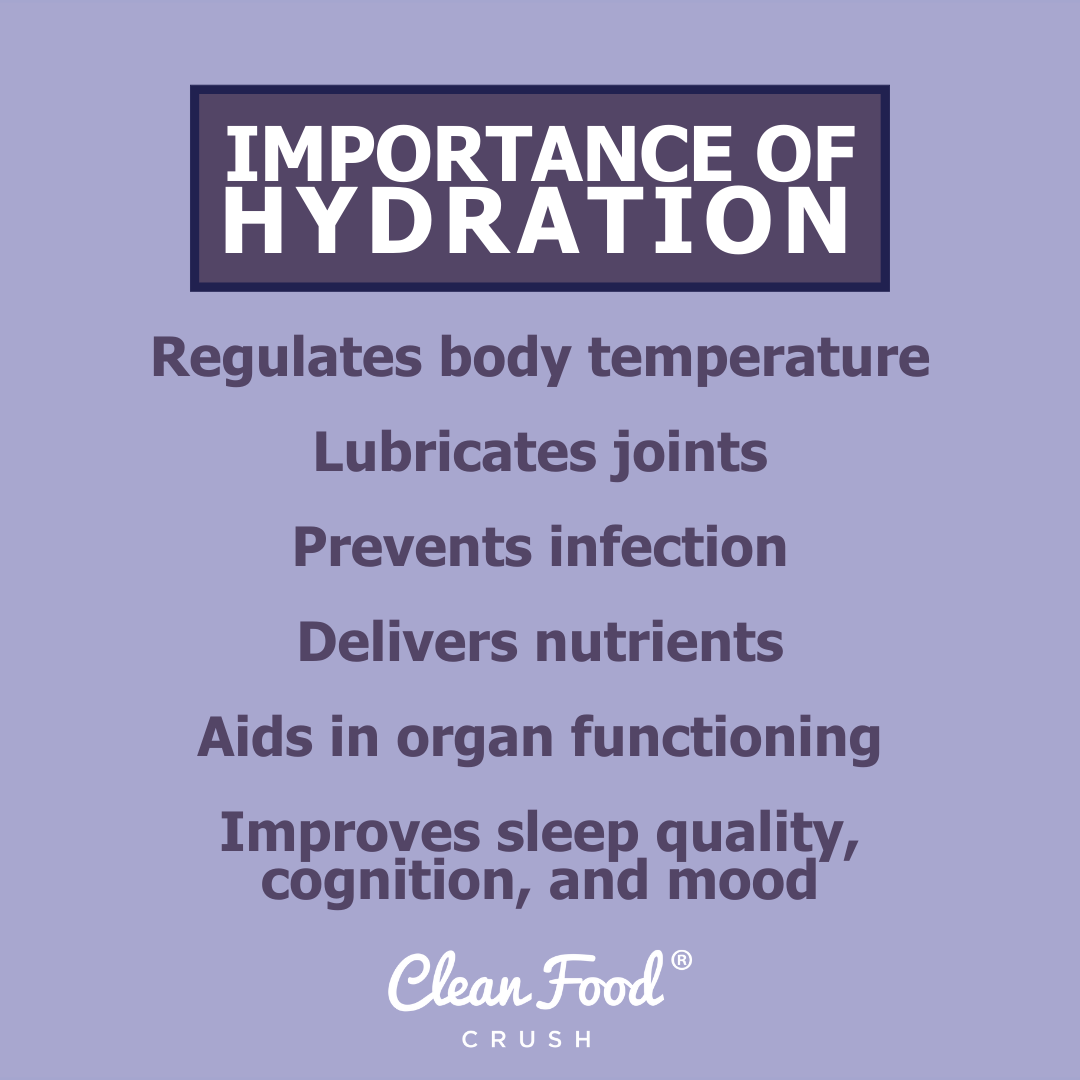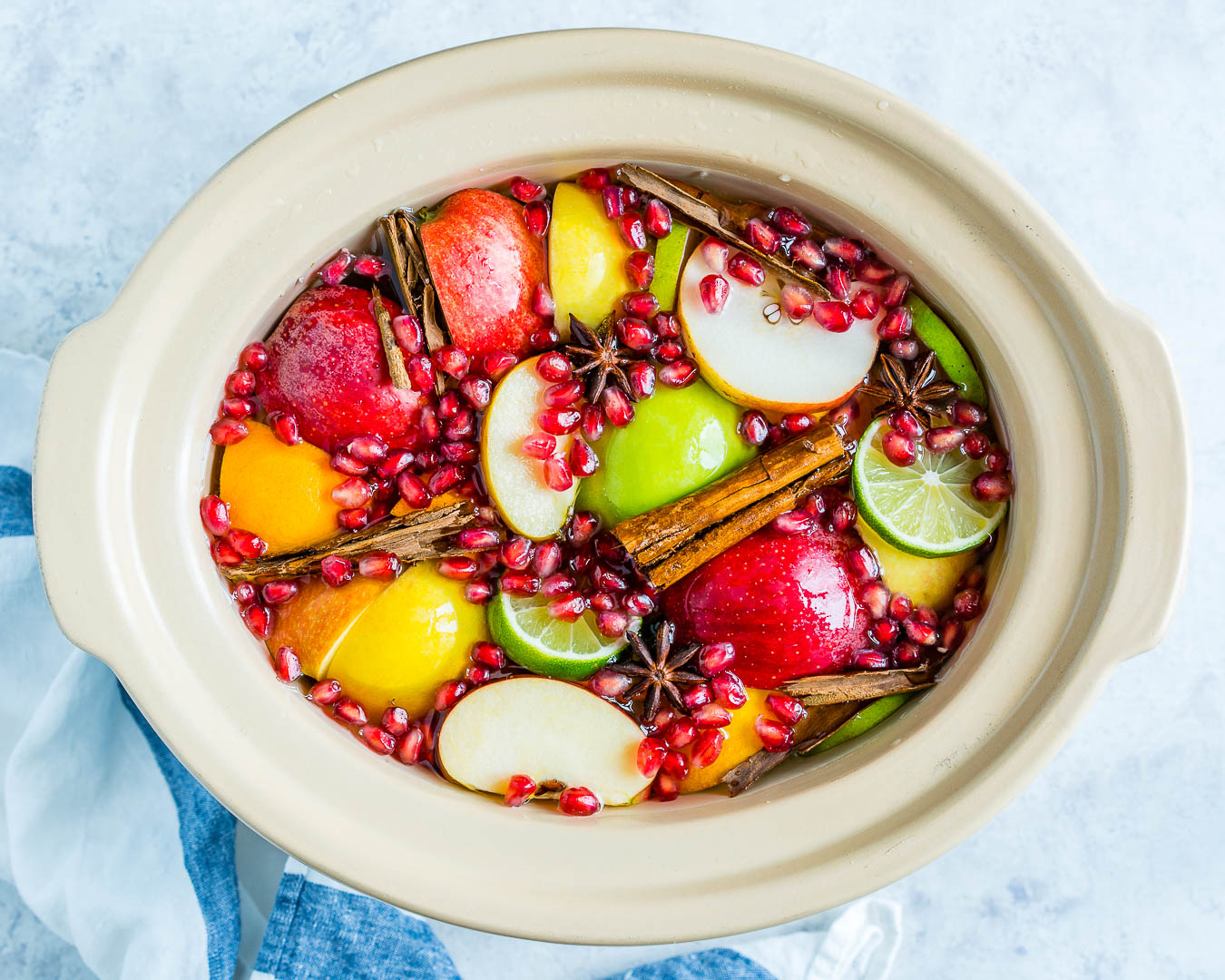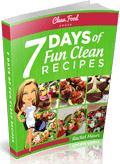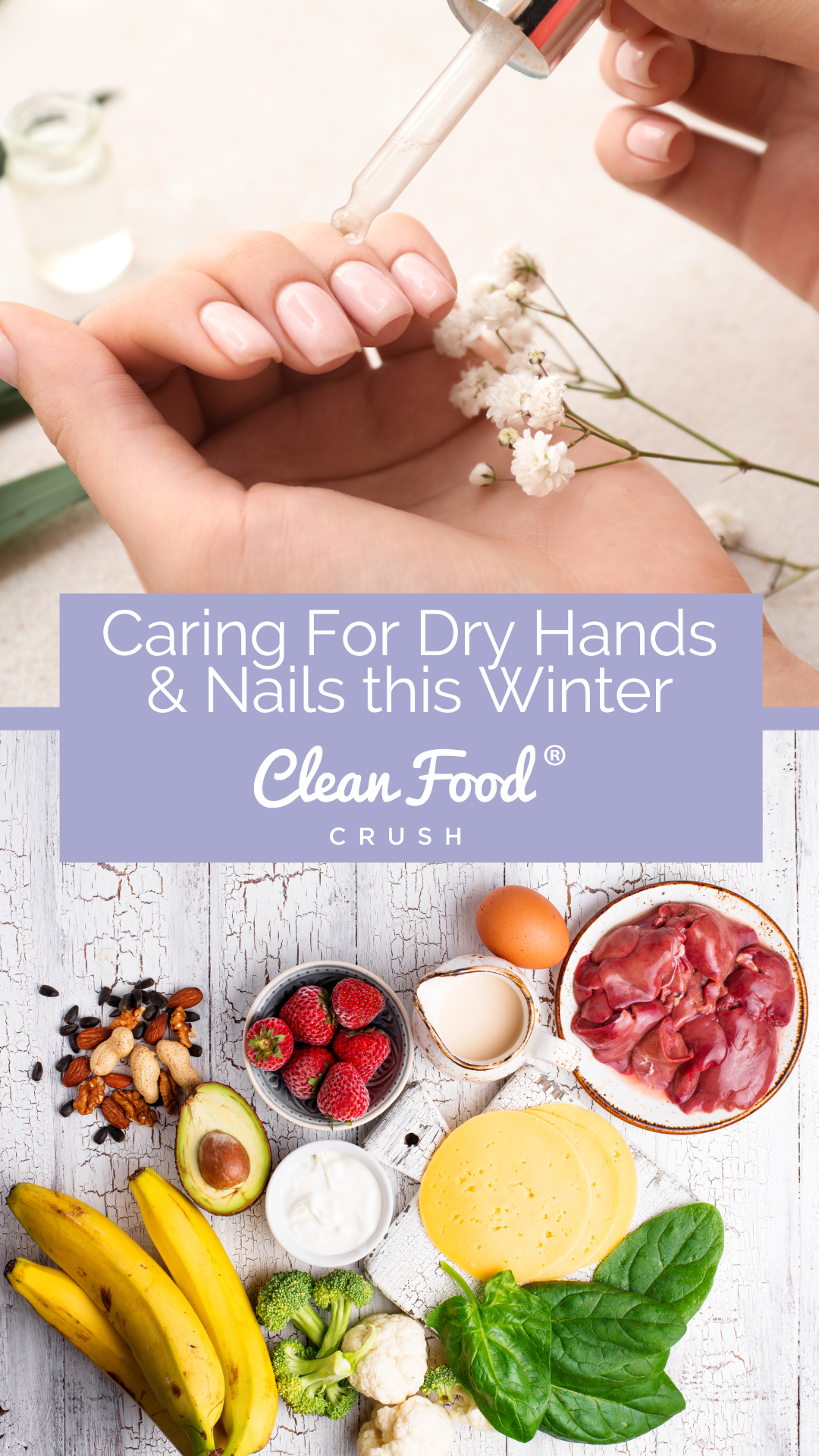

Caring for Dry Hands and Nails in the Winter
Fall and winter can be fantastic, with several wonderful holidays, like Thanksgiving and Christmas, delicious food, and fun activities. However, like anything else, there are downsides.
Several people suffer from winter blues, and it can be more difficult to find productive ways to spend time outside and stay hydrated.
Thankfully, we have some guides to help with all of those things! But another common negative about the colder seasons is that the weather can take its toll on your skin and nails.
Dry skin is common and becomes more so as you age.
Skin, nails, and hair all need moisture to stay smooth and can grow dryer and rougher as they lose water and oils or fail to retain as much moisture as they once did.
The medical term “xeriosis” refers to severe dry skin, which is worse than typical dryness.
While the following tips can also help xeriosis, I’m primarily referring to everyday dry skin made worse by cold weather. If you have any medical concerns, be sure to address a medical professional.
There are several other causes of dry, cracked skin in addition to weather and age. These include:
-
Alcohol-Based Hand Sanitizers
-
Health or Skin Conditions (like Dermatitis or Eczema)
-
Too Frequent hand washing
-
Low Humidity
-
Product Sensitivities (to Preservatives, Fragrances, or other chemical Ingredients in Soaps and Cleaners
-
Too Much Contact With Water (such as through washing clothes or dishes without wearing gloves or taking too many hot baths or showers)
-
Over-cleansing or Over-scrubbing
-
Dehydration
-
Too Much Unprotected Sun Exposure
Whatever the cause, dry skin isn’t fun! Here are 6 tips for taking care of, avoiding, and treating dry hands and nails.
1. Wash Your Hands Correctly
This starts with how you’re washing your hands! First, avoid over-washing.
Of course, we want to wash our hands before and after preparing food, getting dirty or touching unwanted materials, going to the bathroom, caring for someone sick, etc.
However, there is such a thing as too much hand washing! Try to avoid washing your hands more than 10-15 times a day.
Second, use lukewarm water when washing, not super hot or cold. Contrary to popular belief, warm water reduces germs just as well as boiling water.
Also, avoid harsh soap and check out the chemical ingredients of any hand soap you purchase.
Harsh chemicals strip natural oils from the skin in addition to dirt and germs. Research the best gentle moisturizing soap for your skin type, such as Goat’s Milk Soap, Dove Cleansers, CeraVe Hydrating Cleanser, Eczema Honey Gentle Foaming Hand Soap, and more.
2. Practice Regular and Quality Moisturizing
It’s vital to moisturize your hands and the rest of your body regularly. Even if you have oily skin, you need to keep your skin hydrated; otherwise, it’ll produce more oil in an attempt to compensate.
If you have dry skin, consider applying ointment, which penetrates the skin better, to your hands at bedtime, then wear a pair of cotton gloves to help seal it in.
This is also a great practice to soften your feet! Lather them with lotion, pull on some cotton socks, and tuck in for a good night’s sleep.
In addition to ointment, you might want to try a cream moisturizer with more oil than water-based lotions.
Be sure to check the ingredients. Petrolatum, ceramides, wax, and shea butter are likely positive ingredients that will help increase hydration.
Contrarily, lotions with fragrances and dyes won’t be as helpful. Some brands you might want to try are Cetaphil, CeraVe, Eucerin, Gold Bond, and Aveeno.
Moisturizing your face is a twice-a-day activity and should be coupled with serums and/or facial mists. Look for hydrating ingredients like hyaluronic acid, glycerin, peptides, and ceramides.
You can also find a good moisturizer in your house if you want to be kinder to your wallet.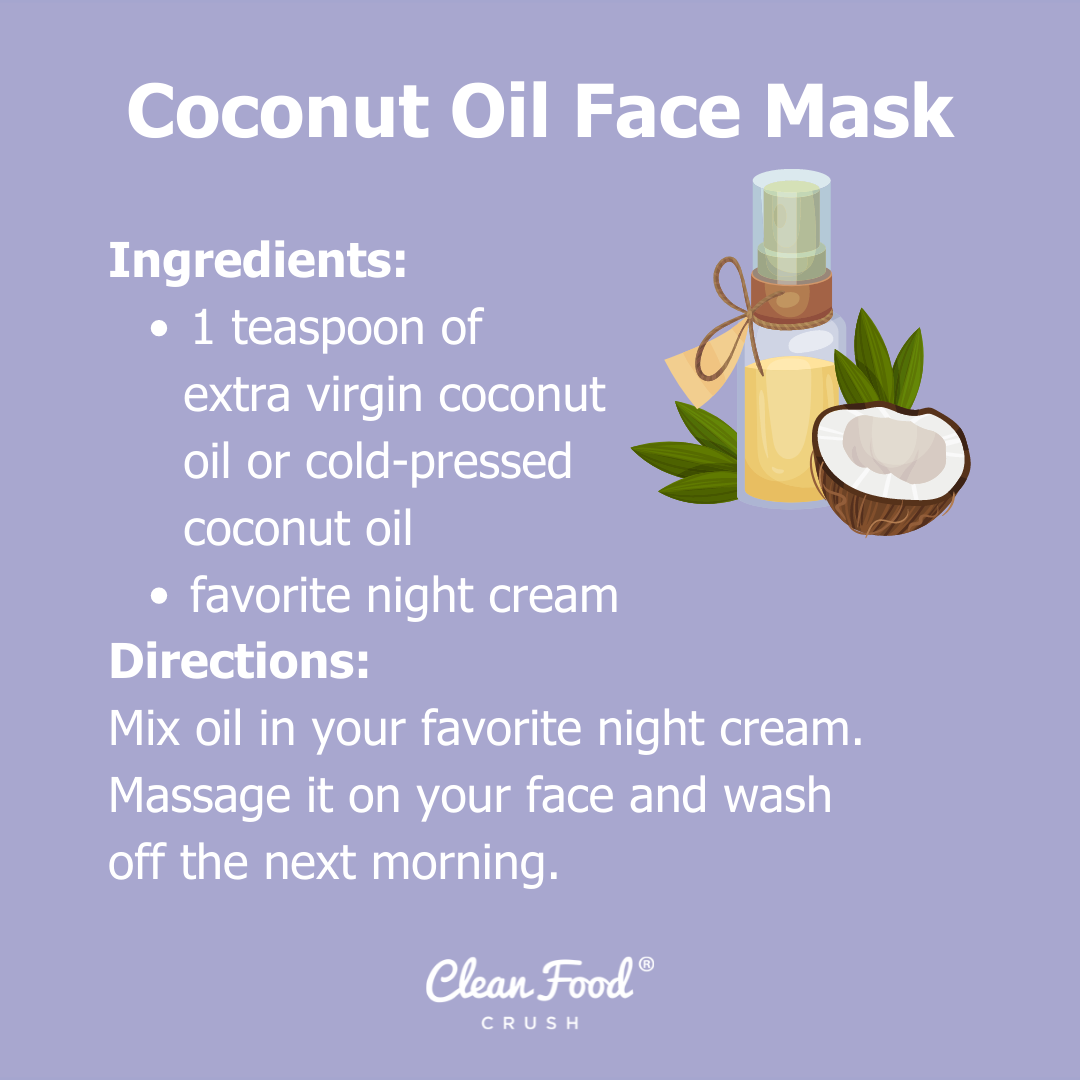
Here are some at-home moisturizers you can try:
-
Vaseline – Great for your lips, feet, hands, and elbows but is too thick for your face.
-
Olive oil – Natural oils generally play an important role in keeping your skin hydrated. Just apply it straight to your skin and leave it overnight.
-
Honey – Massage it directly onto your skin and wait about 10 minutes before washing it off with lukewarm water.
-
(Or try these creative ways to help nourish your skin and hair!)
3. Use a Humidifier
A lack of humidity adds to dry skin, so a fantastic way to prevent it and treat it is by getting a humidifier to help moisturize the air.
Put it in your bedroom or whatever room you spend the most time in.
Ensure you’re keeping it clean. Otherwise, it may grow some unwanted fungi and bacteria.
4. Use Sunscreen and Protection
Since the sun can dry out your skin, SPF is a wonderful way to protect your skin. Plus, it’s vital to apply every day, no matter what.
Try finding a moisturizer with at least SPF 15 that you can apply two or three times a day. Here’s one list of SPF moisturizers and another of sunscreens you may want to try.
Additionally, purchase a pair of gloves you can wear while washing the dishes, your car, or clothes or if you work with chemicals or plants.
Frequently immersing your hands in water dries out the skin and strips it of oils, so you’ll want to keep them protected! The best options are rubber or latex gloves with cotton linings.
5. Pay Specific Attention to Your Nails
Regularly clip and file your nails when they’re wet, as that lowers the chance of causing splits.
Use creams, oils, and ointments on your nails daily, preferably after they’ve been wet, to keep them hydrated and strong.
Choose an oil explicitly designed for cuticles, which might be a revitalizing serum. The thicker the cream, the better, and oils or ointments are best.
Here are some natural oils you might want to research or peruse this list of nail and cuticle oils.
Consider adding supplements to your diet, such as vitamin supplements with biotin formulated for nail and hair strengthening and growth.
Contact your doctor for any suggestions or questions about which supplements to use.
6. Drink More Water & Clean Your Diet
This probably won’t come as a shock, but HYDRATION is KING when it comes to skincare. Be sure you’re drinking plenty of water throughout the day.
If you’re trying to keep your skin and nails hydrated, you’ll want to drink a sufficient amount of water!
You might not need to add supplements if you have a richly nutritious diet full of fruits, veggies, whole grains, nuts, and natural oils and vitamins.
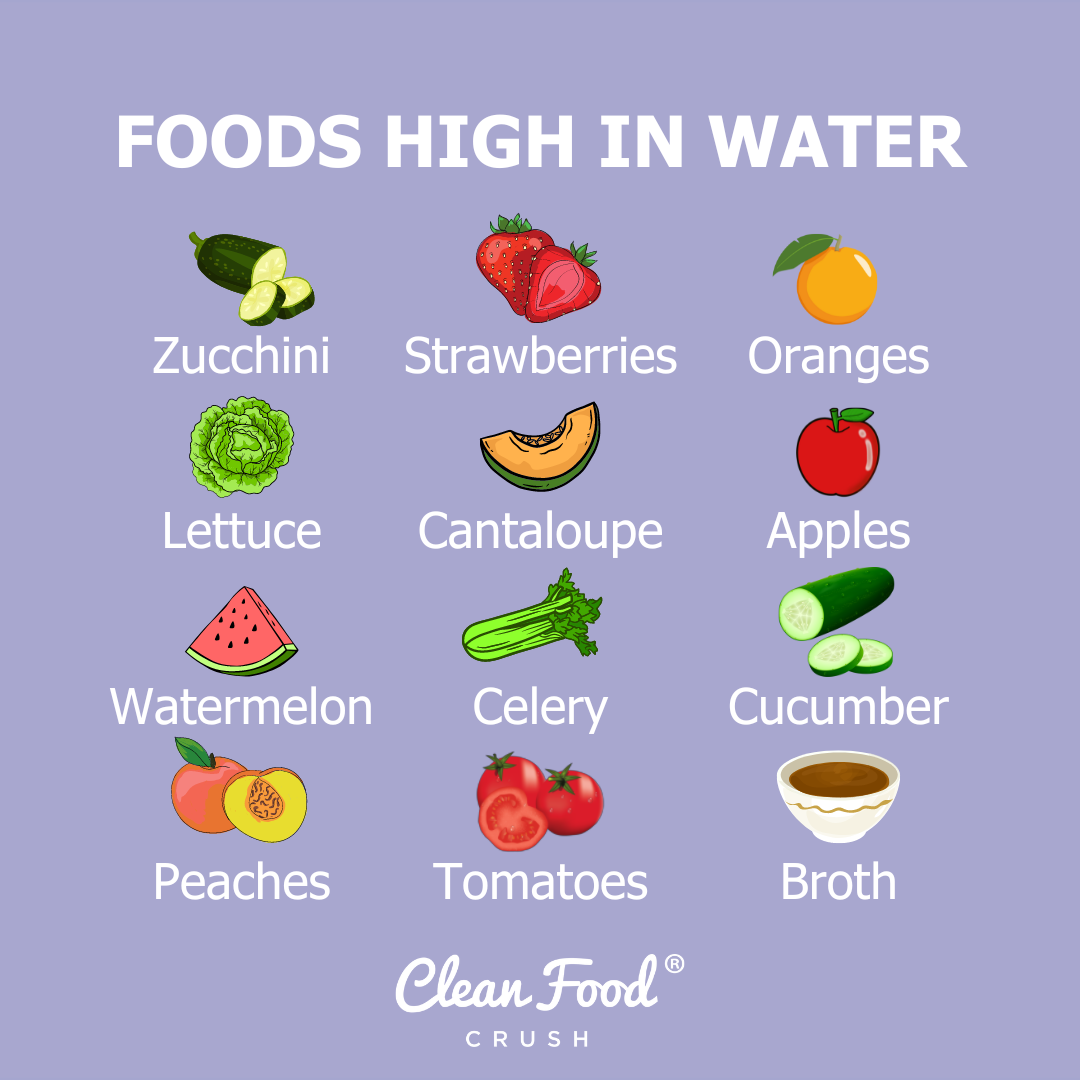
Here are some extra hydrating recipes that are also rich in biotin:
-
Warm Homemade Cider – The recipe calls for 10 cups of water, so talk about hydrating!
-
Chicken Vegetable Packed Soup – Really, any soup is incredibly hydrating!
-
Pesto Chicken Salad Lettuce Wraps – Lettuce is 96% water and makes delicious wraps.
-
Ranch Deviled Eggs – There is 10mcg of biotin in one whole egg.
-
Butternut Squash + Green Lentil Soup – Legumes (peas, beans, and lentils) contain just under 5 mcg of biotin in one serving.
-
Vegetarian Stuffed Sweet Potatoes – A 1/2 cup of cooked sweet potatoes has 2.4 mcg of biotin!
For even more detailed skincare tips and suggestions, check out these two posts:
Dry, itchy, and cracked skin and nails are no fun at all! Talk to your healthcare provider or dermatologist if you have significant discomfort or worries.
Skin discoloration, pain, bleeding, swelling, drainage, or redness are all signs that you should talk to your doctor.
But if you’re dealing with ordinary dry skin and nails thanks to the cold weather, then maybe these tips will be helpful!
Make winter and fall an exceptional time of year by caring for yourself and your skin!
